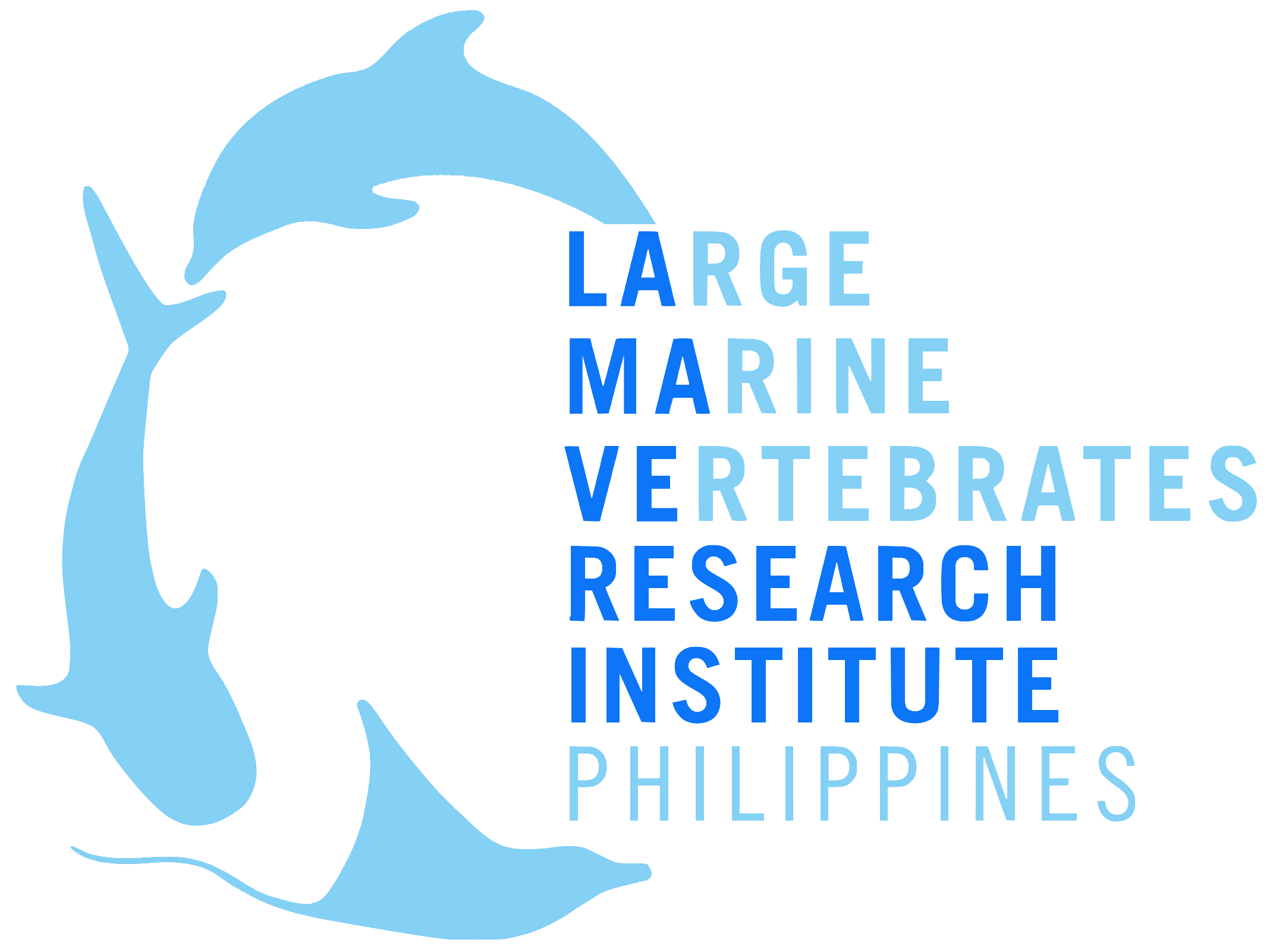Press Release
First record of whale sharks getting cleaned by cleaner wrasse in the Indo-West Pacific
Philippines, 20 August 2020, A new study by LAMAVE reports the first documentation of whale sharks being cleaned by two species of wrasse in the Indo-West Pacific: the blue-streak cleaner wrasse and the moon wrasse. Cleaner fish usually remove parasites, dead tissue and mucus from their ‘clients’ and play an essential role in maintaining healthy marine ecosystems.
A whale shark getting cleaned by a blue-streak cleaner wrasse ©LAMAVE
Between May and September, 2019 researchers from LAMAVE opportunistically recorded 36 whale shark-cleaner fish interactions during routine photo-identification surveys in the whale shark interaction area in Oslob Cebu, a site where whale sharks are directly fed by local operators to attract the sharks to the interaction area and allow tourist encounters. The team did not observe cleaner fish removing the common ectoparasite Pandarus rhincodonicus which is commonly seen on a whale sharks skin, rather the fish were observed biting or nipping the skin on the trailing edge of the sharks’ fins.
All cleaning interactions were observed in shallow waters, ranging from 3-7 meters in depth where provisioned sharks are fed for extended periods of time on top of the shallow reef and seagrass beds. The feeding of whale sharks by the local operators has changed their natural behaviour and the extended time the sharks spend in shallow waters may have created the opportunity for cleaner fishes to interact with these juvenile sharks.
Cleaning interactions between whale sharks and cleaner fish have not yet been observed in any other site in the Philippines, even in pristine reefs such as those of Tubbataha Reefs Natural Park, which provide cleaning stations for other species such as manta rays and turtles. Further investigation is needed. Globally only one other record exists of a whale shark being cleaned by a king angelfish in the Eastern Tropical Pacific at Malpelo Island, Columbia.
Notes to Editors:
A PDF copy of this Press Release can be downloaded HERE.
The study by Araujo et al., titled ‘Whale sharks Rhincodon typus get cleaned by the blue-streak cleaner wrasse Labroides dimidiatus and the moon wrasse Thalassoma lunare in the Philippines’ is published in the Journal of Fish Biology and is available here: https://onlinelibrary.wiley.com/doi/abs/10.1111/jfb.14464
For more information or to arrange an interview please contact Sally Snow, email: s.snow[at]lamave.org Photos are available upon request.
Large Marine Vertebrates Research Institute Philippines (LAMAVE) is the largest independent non- profit non-governmental organization dedicated to the conservation of marine megafauna and their habitats in the Philippines. LAMAVE strives for conservation through scientific research, policy and education. For more information visit: www.lamave.org | Facebook | Instagram | Twitter.


